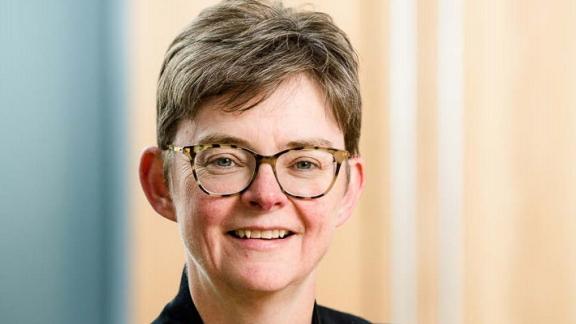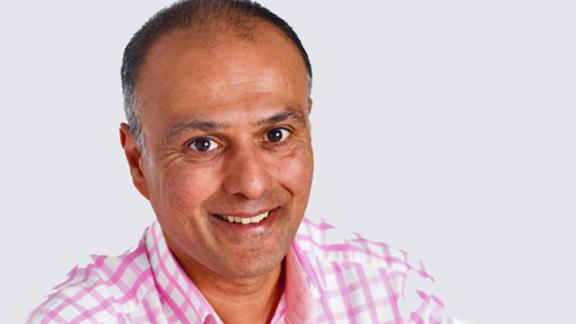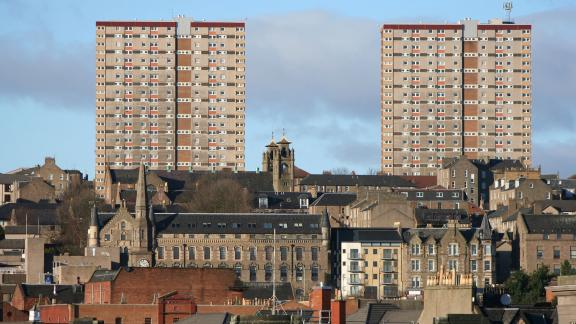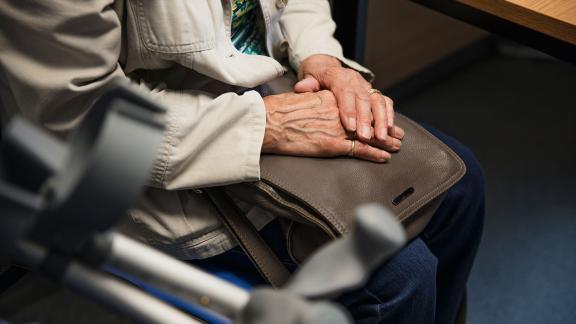NHS Reset: Integration in action

NHS Reset is an NHS Confederation campaign to help shape what the health and care system should look like in the aftermath of the pandemic. In this blog, Jane Milligan, accountable officer for the seven north east London CCGs, writes on how the effectiveness of collaborative working in coping with the pandemic and in preparing for what the next phase.
It goes without saying that COVID-19 has been the biggest challenge all of us have faced in the health and care system in our lifetimes. We can also all agree it has shone a light on the true extent of the impact of inequality across the country. No more so than in north east London (NEL), where over 50 per cent of our population identify as BME, three of our seven CCGs are in the 20 most deprived CCGs in England and Newham is the most diverse borough in England.
As the accountable officer for the seven CCGs, addressing inequality has long been at the top of our priority list but COVID-19 has given us a burning platform on which to drive forward our partnership working and integrated care system to make long-lasting improvements for local people.
During the height of the first wave of the pandemic, we saw high numbers of cases, with Newham in particular significantly affected. As the cases rose we knew that very quickly we needed to work together across our CCGs, with providers, local authorities and voluntary groups; not only to look after patients but to support and protect our staff too who were impacted in a number of ways, including the loss of colleagues and loved ones. Recognising the need to boost capacity in frontline clinical care, as an ex-intensive care physiotherapist, I was tempted to dust off my uniform but also recognised the importance of leading the COVID-19 response and supporting all of our chief executives.
The early days of the pandemic were a real testament to the relationships we have in place across north east London, and as commissioners we facilitated a collaborative approach. Where it made sense, we mobilised at a north east London level, with our acute providers, working together to respond to issues such as critical care pressures and our mental health providers coming together in collaboration. We also worked together and with the NHS across London to mobilise the Nightingale Hospital in east London and put in place support, redeploying staff and providing mutual aid.
At a local level, our three integrated care partnerships came together to lead the coordination of our out-of-hospital and community response. They also worked closely with our local authorities to support our homeless populations, providing safe spaces for people to stay in order to self-isolate, and work has continued to support individuals following the relaxation of lockdown.
Throughout the initial response period, the collective focus and resolve from health and care partners was nothing short of exceptional. As we got our heads above the water and assessed the impact of the pandemic on our services and how we might restore and reset them, we knew reducing inequalities ahead of a second wave was our number one priority. To do this we would need to target our efforts where we understand our communities best – as close to the patient as possible, at a local authority level, using our collective resources across NEL to support this approach.
Recognising our role as leaders in our communities, we are working at scale to co-produce better health outcomes through our ‘Home First’ model of local care, which reflects the needs of residents of all ages, deploys and develops social capital, and tackles the root causes of poor health and wellbeing.
Underpinning our work is an overarching inequalities workstream, focused on developing an inequalities framework. This is an NEL-wide programme of work led by our public health colleagues. Working collaboratively across NEL will enable us to have a greater impact, reduce replication of work being done separately, and galvanise action across all eight of our local authorities. Each part of the system has designed a locally appropriate approach that wraps services around residents and their communities, based on local needs and priorities. A core component of our approach will be developing an anchor charter and ensuring we utilise the role of the NHS as an anchor organisation too.
We have just submitted our response to the asks in the phase three letter from NHS England and NHS Improvement and outlined our plans to restore services in line with the national requirements. The next period will not be without its challenges as we try to balance business as usual, the ongoing pandemic and the usual winter pressures. This is on top of working through the detail of hopefully bringing together our seven CCGs in to one by April 2021 and establishing our integrated care system.
There is a lot to do and our staff are critical. We need to continue our focus on attracting new talent but also supporting our staff who are tired, stretched and emotionally exhausted. Our response to the NHS People Plan will provide the framework with which we will develop our offer to staff and will be essential in order to bring them with us through the next phase.
And finally, local people – we are lucky to have Marie Gabriel as our independent chair for NEL, who is clear that the patient voice must be at the heart of everything we do. If we are to navigate the next phase, it is crucial we have the support of the people who use our services and we will continue to seek their input and feedback. If we are serious about addressing inequalities and protecting the most vulnerable then we must work collaboratively with our local communities, which is why our place-based approach is absolutely vital.
In many ways COVID-19 has been a demonstration of integration in action and there is strong commitment from partners to work together for our local population. This for me is one of the positives we can take from this period. We have all been forced to rip up the old ways of working and I am adamant that we cannot look back – we must continue to build on our partnerships collaboration and commitment to that which matters most; ensuring the people of north east London have equitable access to comprehensive high-quality health and care services.
Jane Milligan is accountable officer for the seven north east London CCGs.



